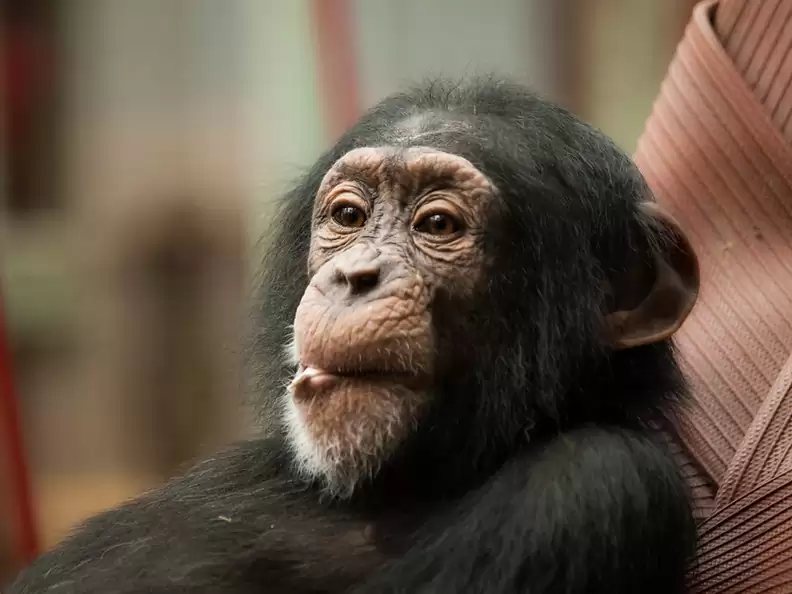To answer the question "What animal am I?", we first need to clarify one fact: Humans, that is, "you", belong to the animal kingdom biologically. Here are some details about you (as a human) as an animal:
Kingdom: Animalia
Humans are members of the animal kingdom, which means that you are a multicellular, organism that is heterotrophic (needs to obtain energy from organic matter) and capable of locomotion.
Phylum: Chordata
You belong to the phylum Chordata, which are animals that have a notochord at some stage of embryonic development and eventually develop a spine.
Class: Mammalia
As a mammal, you have maternal lactation, a warm body, hair, and a relatively complex brain. These characteristics set you apart from other vertebrates.
Order: Primates
You belong to the order Primates, which includes monkeys, apes, and humans. Primates are characterized by flexible limbs, a large brain, and complex social behavior.
Family: Hominidae
You belong to the family Hominidae, which includes humans and their closest relatives, such as gorillas, chimpanzees, and orangutans. Hominidae are highly intelligent and highly social.
Genus: Homo
You belong to the genus Homo, the only living species of this genus on Earth. Characteristics of Homo include a larger brain and more complex behavior patterns.
Species: Homo sapiens
You are Homo sapiens, the scientific name for modern humans, which means "wise man". Your belonging to this species marks the development of advanced cognitive abilities and culture in the process of human evolution.
Origins: Humans can trace their ancestry back millions of years to ancient primates. Through natural selection and evolution, your species gradually evolved into modern Homo sapiens.
Evolutionary Characteristics: Humans have developed upright walking, complex language skills, and larger brain capacity during evolution. These characteristics enable you to survive in different environments and form complex social and cultural systems.

Skeletal System: You have a typical vertebrate skeletal structure, which is particularly adapted to upright walking. Your spine and pelvic structure enable you to maintain balance and walk on two feet.
Brain: Your brain is particularly developed, especially the prefrontal cortex, which is closely related to decision-making, planning, language, and self-awareness.
Digestive System: You have a complex digestive system adapted to an omnivorous diet. This means you can digest a wide variety of foods, both plant and animal-derived.
Sociality: You are a highly social animal that lives in complex social structures. These structures include families, communities, nations, and global societies. You pass on knowledge, morals, laws, and technology through culture.
Language and Communication: You have a complex language system that is unique to your species, allowing you to communicate through written, spoken, and other symbolic systems. This ability allows you to accumulate and pass on vast amounts of information and knowledge.
Technology and Culture: Your species has developed extensive technology and culture, including agriculture, industry, art, science, and architecture. These achievements have enabled you to survive in all corners of the Earth and influence the environment.
Cognitive Abilities: As a Homo sapiens, you have highly developed cognitive abilities, capable of abstract thinking, problem solving, creative expression, and complex emotional experience.
Self-Awareness: You have self-awareness, the ability to reflect on your own behavior, understand the emotions of others, and navigate complex social relationships.
You, as a human, are one of the most complex and influential animals on Earth. Although you differ from other animals in culture, technology, and social structure, you are still biologically part of the animal kingdom. Your uniqueness is not only reflected in your intelligence and culture, but also in your survival strategies and adaptability during the evolutionary process.
animal tags:
We created this article in conjunction with AI technology, then made sure it was fact-checked and edited by a Animals Top editor.